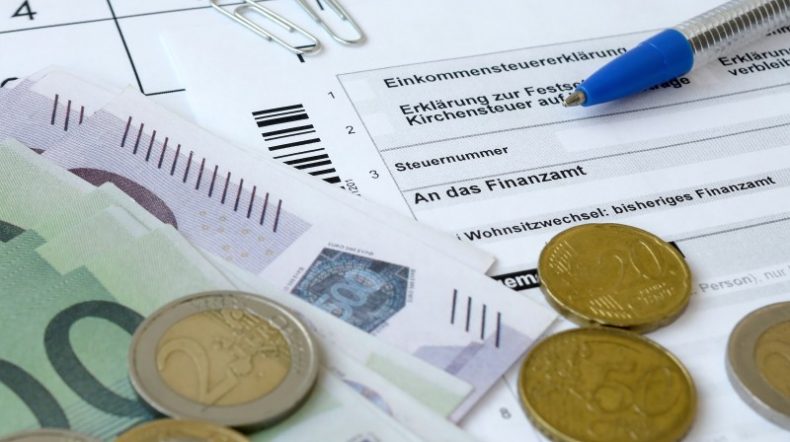
One of the main prerequisites of building a business as a blogger is to become self-employed. Some people do it as a hobby, while others consider it as their main profession. Either way, the potential of building a brand and earning money is always there.
In order to become self-employed, you need to register your own business.
Registering Your Business
You can register your business in person by going to the respective citizen’s office (Bürgeramt in German). However, more and more cities are offering online registration nowadays. Registering a business in Germany is not such a big deal.
It also comes with a comprehensive online guide where the whole process is explained. Your business can come to life for as low as 15 Euros. What makes the online option much faster is the fact that visiting the office requires you to ask for an appointment beforehand.
After the business registration, the tax office will give you a questionnaire. That will allow you to register for a tax ID. You are also going to need a VAT ID if you want to trade services or products with other people as a professional blogger.
Invoicing for Your Business
In a business of this type, you need to send invoices every time you earn or spend money. Taking care of your personal finances and business transactions on the same bank account is not advised. You need to open a new account for your business so that the financials can be transparent.
It doesn’t have to be in a different bank, you can just go to the one where you have opened your private account. Every invoice has to contain specific information. According to the Value Added Tax Act, the following should be included:
- The name and address you have registered your business with
- The name and address of the client you worked for
- VAT ID or tax ID as needed
- The VAT ID of your client if he/she is not an EU citizen
- The date when the invoice was made
- A short description of the product or service, its quantity or time duration
- When did the product or service get delivered? (Date)
- The precise amount you charged, gross charge, applicable taxes and tax rate
- Include a unique invoice number
Taxes to Pay as a Self-Employed Blogger
The tax office you have registered to also comes with its own tax bill. On that tax bill, you can see the amount you need to pay and the date when you need to pay it. With the VAT, the difference is that it is not requested by a bill.
You have time to submit every one of your VAT returns until the 10th of the upcoming month. There is also the sales tax and the income tax that has to be paid. The income tax varies from one self-employed individual to the other, as it is calculated using various factors.
Nevertheless, 42% is as big as your income tax can be. Sales tax, on the other hand, is a fixed 19%. The last one you need to be aware of is the business tax. This one has to be submitted only if you earn more than 24.500 Euros.
Business tax is also not fixed and it depends on which municipality you are responsible to in Germany.





